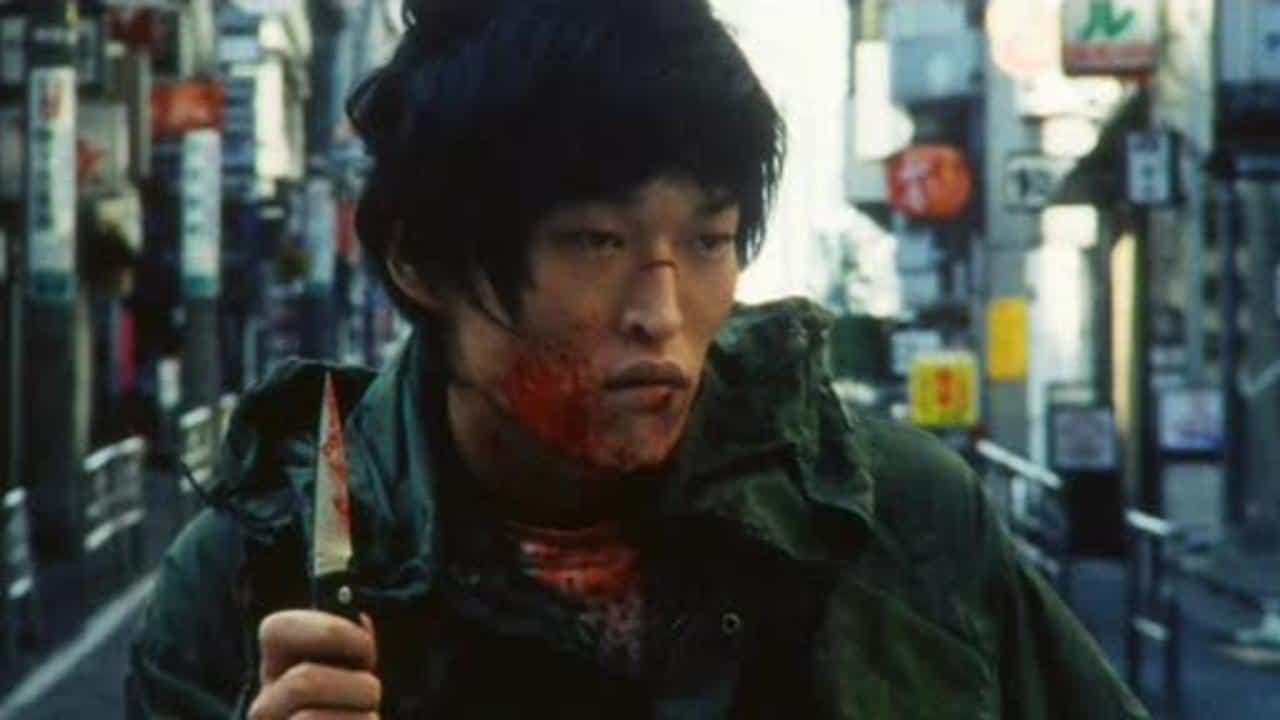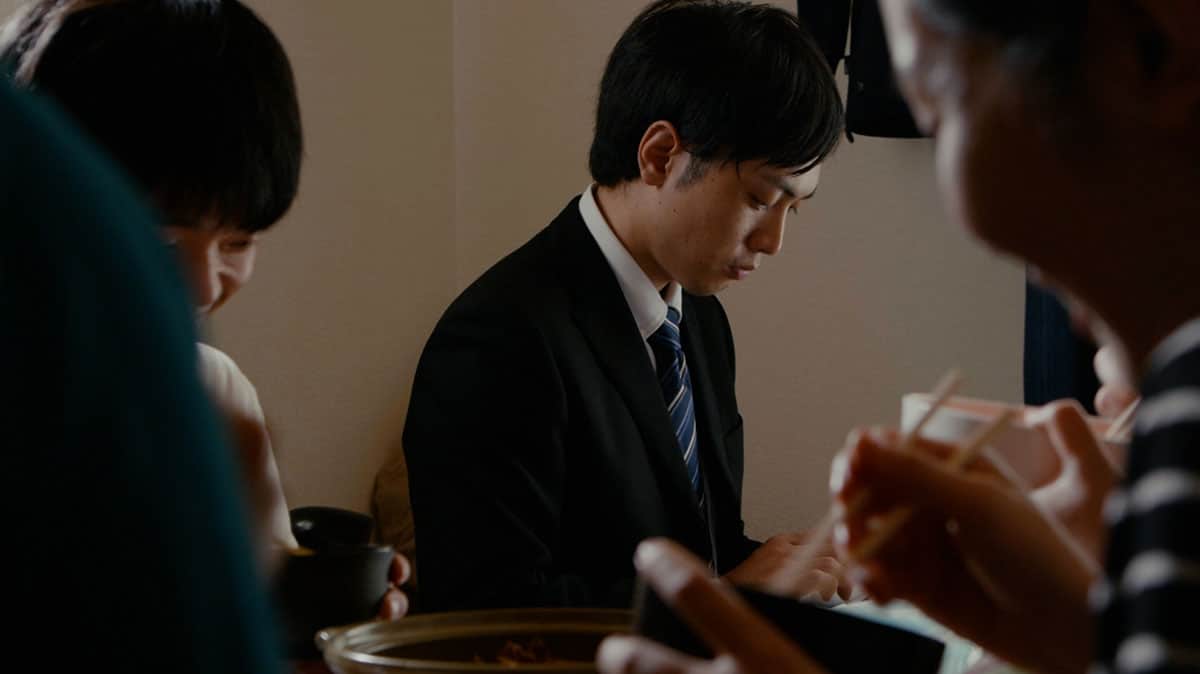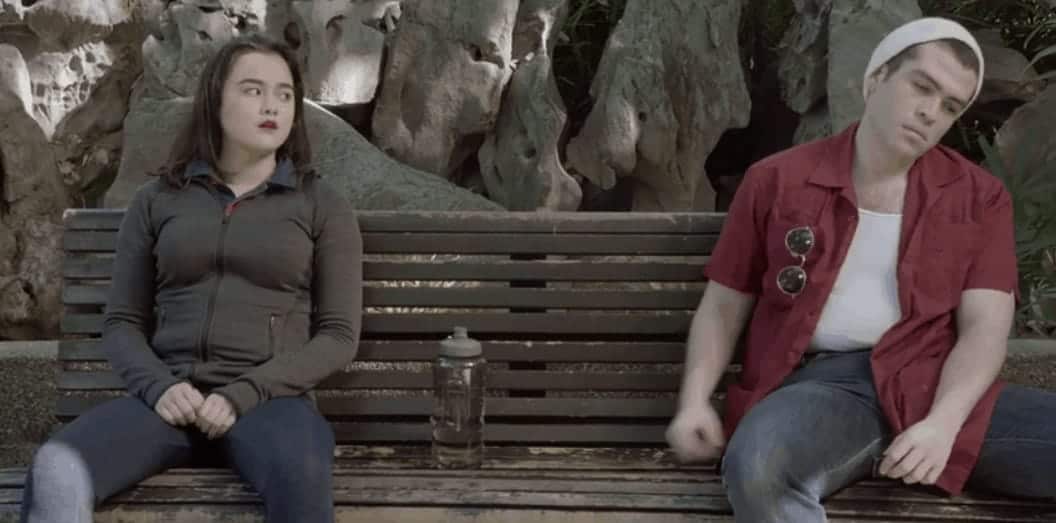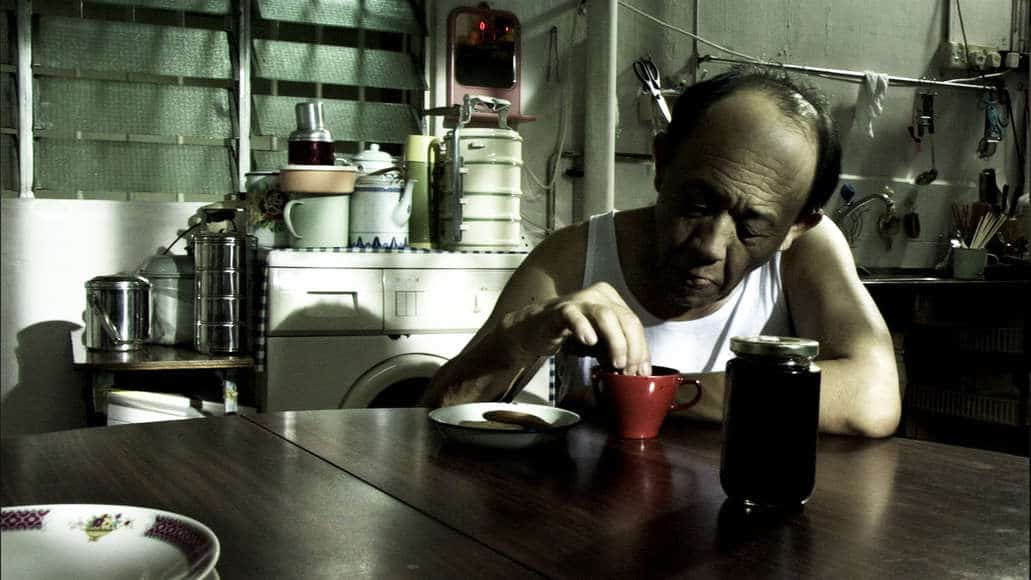One of the most eye-opening developments of the last couple of years is certainly the way we have experienced the consequences of globalization, exploitation and, in general, the growing gap between the world's populations in terms of wealth, opportunity and many other factors. While the pandemic and the immigration waves are perhaps just the proverbial tip of the iceberg, there are other, more subtle developments taking place, whose repercussions we have so implemented in our daily lives, that we have come to accept them as normal, even though they are not. In India, the idea of being the world's fastest growing economy is one of these aforementioned developments whose consequences, from the most obvious to the more subtle ones, come to light little by little. In his exploration of his home country's textile industry and its workers in his 2016 documentary “Machines”, director Rahul Jain continues his venture into the implications of globalization and economic growth in India in “Invisible Demons”, which was nominated for the Golden Eye Award at Cannes Film Festival 2021 and for to the Golden Athena Award at Athens International Film Festival.
Invisible Demons is screening at Indian Film Festival of Los Angeles

As its starting point, Jain chooses a very personal observation, connecting his biography to the themes he aims to explore in the coming 72 minutes, when he talks about being an “air-conditioned child”. The reference to the multitude of air-conditioners we see in an impressive shot of the facade of a building, where seemingly every apartment has one of those units installed and running at full speed, is one which becomes a dive into Indian society, its disparities and ecological issues. From a narrative standpoint, it also emphasizes the kind of structure Jain follows throughout his documentary, starting from a single narrative and come to a more general observation about his home country, making his ideas not only convincing, but his findings all the more alarming.

In the end, the director follows the aforementioned highlights, the fatal vicious cycles of pollution and exploitation, which may also be applied to many other cultures. The combination of the stories of people and the impressive cinematography by Tuomo Hutri as well as Saumyandra Sahi, whether the focus is on air-conditioning units or the Yamuna River, make for a compelling structure, stressing how many aspects are connected and thus make the problem even worse. For example, Jain points at the necessity of air-conditioning given the rising heat waves, but also their significance within a society divided by income, as the more advanced and reliable versions of that technology is only available to those able to afford it. It becomes clear the issues Jain talks about are interconnected, far beyond the borders of his home country, and will become worse, as there is no change of the global mind set driven by capitalism and exploitation.
In conclusion, “Invisible Demons” is a fairly compelling documentary about the often less obvious repercussions of globalization. Rahul Jain directs a dramatically and formally convincing feature, whose images and stories show the alarming implications of a certain mindset, set on growing ever faster and more aggressive.















